RESILIENCE
WEEK
11th to the 16th of November
Barcelona Resilience Week is a common space bringing together all partners and stakeholders working on resilience with a strong focus on how to advance awareness and knowledge to action.
Drawing on the parallel events taking place in Barcelona that same week (Smart City Expo World Congress, C40 Regional Meeting, among others) Barcelona Resilience Week will showcase a wide array of activities and initiatives from across the world that are making our cities more resilient and strengthening the development and humanitarian agendas.
Barcelona Resilience Week will gather key international actors, together with city representatives, governments, NGOs and innovators to share tried and tested approaches to addressing urban challenges and implementing the Sustainable Development Goals, New Urban Agenda, Sendai Framework for Disaster Risk Reduction and Paris Agreement.
Barcelona Resilience Week is supported by a number of local and international partners.
Opening Session & Keynote
Opening Session
The opening will provide context to urban resilience through contributions from leading local and national governments working on resilience and international organizations with expertise in urban and risk-reduction challenges.
Speakers (TBC)
- Ms. Ada Colau, Mayor of Barcelona
- Mr. Lars Gornvald, EC DEVCO
- Ms. Mami Mizutori, Special Representative of UNISDR
- Deputy Executive Director, UN-Habitat
Keynote
Pau GIl, Sant Pau Art Nouveau Site
Monday 12th November 10:45 – 11:15
This keynote address will provide the framework the 2030 Agenda and the challenges, opportunities and conditions necessary to achieve the bold and transformative vision set out in the 2030 Agenda. Concretely, the Sustainable Development Goals along with other key frameworks, New Urban Agenda, Sendai Framework for Disaster Risk Reduction, Paris Agreement, call on all parties to commit and cooperate to enhance people, planet, prosperity, peace and partnerships over the coming decade and beyond.
Speaker- Ms. Cristina Gallach, High Commissioner for the Agenda 2030, Government of Spain
The session will be in English and Spanish with simultaneous interpretation.
Welcome cocktail with guided visit of Sant Pau Art Nouveau Site
Welcome Cocktail
All participants of Barcelona Resilience Week are invited to the welcome cocktail on Sunday 11th November at the Sant Pau Art Nouveau Site, home of UN-Habitat’s office in Barcelona. Prior confirmation is mandatory, please contact info@cityresilience.org to confirm your attendance.
CLIMATE ACTION AND RESILIENCE
From altered weather patterns to rising sea levels and more extreme meteorological events, the bearings of climate change impact on people’s wellbeing and livelihoods in different ways. In a rapidly urbanizing world, promoting effective climate action in cities and recognizing that sustainable and resilient urban development cannot be achieved or sustained without mitigation and adaptation measures is essential. This dialogue will address key concerns, issues and approaches to push forward Climate Action for Resilience.
Speakers- Mr. Albert Sandy Daniel, Honourable Lord Mayor of Port Vila, Vanuatu - Mr. Alessandro Attolico, Executive Director, Province of Potenza, Italy - Ms. Ares Gabàs, Chief Resilience Officer, Barcelona City Council, Spain - Ms. Laia Romero, Operations and Strategy Director, ISARDSAT - Satellite data for climate action - Mr. Mark Watts, Executive Director, C40 Yakutsk City Council (representative TBC)
Moderator- Ms. Megan Rowling, Journalist, Thomson Reuters
The session will be in English and Spanish with simultaneous interpretation.
UPGRADING INFORMALITY TOWARDS RESILIENCE
The number of urban residents at risk is increasing as rapid urbanization continues to result in sprawl and/or densely populated informal settlements in hazard-prone areas. When cities face sudden shocks (natural or human-made), unplanned urban areas are hit the hardest as they often suffer from underlying or pre-existing stresses and there is a shortage of knowledge about the area or how to respond. In cities with high informality, local capacity and resources may not be sufficient to prepare for and react to risk. This dialogue will explore approaches to understand informality from a resilience perspective.
Opening Keynote-Mr. Musa Kualkikaya, Former Ambassador for Turkey in Mauritania
Speakers- Mr. Erhan Türbedar, Researcher, Statistical, Economic and Social Research and Training Centre for Islamic Countries - Mr. Marcos Cáceres, Advisor for Social Affairs, Asuncion City Council, Paraguay - Ms. Sara Márquez, Arquitectura Sin Fronteras & Mr. César Cunguara, Informal Settlements, Maputo City Council, Mozambique - Mr. Braulio Eduardo Morera, Director of Strategy Delivery, 100 Resilient Cities - Mr. Osvaldir Rodrigues, Architect, Praia City Council, Cape Verde
ModeratorMs. Carmen Mendoza, Assistant Director of the Barcelona School of Architecture, International University of Catalonia
The session will be in English and Spanish with simultaneous interpretation.
WORKSHOP: NEW RESILIENCE CHALLENGES
This world needs new resilient ideas to cope with today’s major issues. We know this yet inciting new and innovative action is difficult. While most organizations improve, few renew. This session will highlight the possibilities and opportunities offered by Design Thinking.
Facilitators- Mr. Boyd Cohen, Dean of Research EADA, CEO Iomob, co-founder Six Fingers Spain - Mr. Rob Adams, CEO Six Fingers
PRESENTATION OF THE INTENSIVE PROGRAMME IN DESIGNING POLICIES FOR RESILIENCE, CONVENED BY ELISAVA
Presentation of the Intensive Programme in Designing Policies for Resilience of the Elisava Barcelona School of Design and Engineering. The programme aims at empowering agents of positive change for contributing to action and impact for a better society. The session will end with a networking cocktail.
Resilience Dialogue 3: Governance, Decentralization and Resilience
Analyzing decentralization in terms of local governments responsibilities, planning and financial capacity is key for building city resilience. Local governments have a unique role in promoting, ensuring and maintaining urban resilience as they are responsible for a number of key processes related to the functionality of the city. In many cases, local governments are the first line of response in crisis situations and must coordinate efforts among local and national actors. This dialogue will explore how local governments are working local, regional and national partners to build resilience.
Speakers- Mr. Alfredo Martinez, Mayor of Santo Domingo Este, Dominican Republic - Mr. Augustí Serra, Secretary for Land and Sustainably, Generalitat de Catalunya - Ms. Emilia Saiz, Secretary General, UCLG - Mr. Joan Clos, Former Executive Director of UN-Habitat - Mr. Guilherme Johnston, Resilient Cities Program Global Coordinator, ICLEI
ModeratorMr. Nicola Tollin, Prof. on Urban Resilience, University of Southern Denmark
The session will be in English and Spanish.
Resilience Dialogue 3: Governance, Decentralization and Resilience
To support cities in developing resilience strategies, the EU-funded Uscore2 project has designed and tested a generic, practical, city-to-city, disaster risk reduction peer review tool for cities across EU member states and beyond via the UNISDR’s Making Cities Resilient campaign.
This Masterclass workshop aims to present the results of the project and the mechanism for an independent and transparent assessment, adding clear value to building local and national resilience. It will emphasize the importance of city-to-city peer learning and sharing of best practices.
Based on their experience gained through the project, local governments will showcase how the tool can assist cities with the challenge of strengthening their implementation of disaster risk reduction.
Speakers- Mr. Abhilash Panda, Deputy Director, Regional Office for Europe, UNISDR - Dr. Kathy Oldham, Chief Resilience Officer, Greater Manchester Combined Authority, UK - Mr. Luis Carvalho, Coordinator Civil Protection, Amadora City Council, Portugal - Prof. Duncan Shaw, University of Manchester, UK
Building Stronger and Resilient Communities: Block by Block project
The Block by Block project is the work of UN-Habitat together with the makers of the hugely popular world-building computer game Minecraft, Mojang. Since 2012, they have used the game to engage communities all over the world — particularly young people, women and slum dwellers – in the design of their local public spaces, and have now reached more than 25 countries. Kenya, Peru, Haiti and Nepal are among the nations to have Block by Block-designed spaces.
Presenter Pontus Westerberg, UN-HabitatPRESENTATION OF THE RESILIENT CITIES SERIES PUBLICATIONS, CONVENED BY UNESCO CHAIR ON SUSTAINABILITY
“Urban Resilience for Risk and Adaptation Governance. Theory and Practice” is the first volume of the book series “Resilient City: Re-thinking Urban Transformation” published by Springer. The Series has been envisioned to analyse the contemporary challenges faced by cities and provide an up-to-date body of knowledge, including a systematic collection of global cutting-edge best practices, fundamental to managing the urban transition toward resilience.
This book brings together a series of theory and practice essays on risk management and adaptation in urban contexts within a resilient and multidimensional perspective. The book proposes a transversal approach with regard to the role of spatial planning in promoting and fostering risk management as well as institutions’ challenges for governing risk, particularly in relation to new forms of multi-level governance that may include stakeholders and citizen engagement. The different contributions focus on approaches, policies, and practices able to contrast risks in urban systems generating social inclusion, equity and participation through bottom-up governance forms and co-evolution principles.
Speakers- Grazia Brunetta. Politecnico di Torino. Interuniversity Department of Regional and Urban Studies and Planning, Scientific Coordinator, Responsible Risk Resilience Centre - R3C. - Ombretta Caldarice. Politecnico di Torino. Interuniversity Department of Regional and Urban Studies and Planning, Scientific Coordinator, Responsible Risk Resilience Centre - R3C. - Nicola Tollin. University of Southern Denmark. Department of Civil and Architectural Engineering. - Jordi Morató. Universitat Politècnica de Catalunya. UNESCO Chair on Sustainability. - Esteban Leon. Head, City Resilience Profiling Programme (CRPP), UN-Habitat.
Chairman- Mikkel K. Kragh, University of Southern Denmark. Department of Civil and Architectural Engineering.
RESILIENCE DIALOGUES 4: SOCIAL RESILIENCE
Building urban resilience takes multiple forms, but must inevitably seek to improve the lives of all people and maintain development gains when cities face shocks, stresses and challenges. The urban poor are exposed to greater risks than their wealthier counterparts and often lose a greater share of their assets or resources in the process. Vulnerable groups such as indigenous populations, women, the elderly and the disabled often lack the necessary safety nets to recover from shocks.
This dialogue will focus on the measure necessary to ensure urban resilience measures reach and work for all city inhabitants.
Speakers- Mr. Emil Boc, Mayor of the City of Cluj-Napoca, Romania - Ms. Laura Pérez, Councillor for International Cooperation and LGTBI, Barcelona City Council, Spain - Mr. Erick Elysio Reis Amorim, Teresina City Council, Brazil - Mr. Luis Nhaca, Councillor for urban planning and environment, Maputo City Council, Mozambique - Mr. Luis Carvalho, Coordinator Civil Protection, Amadora City Council, Portugal - City of Dakar (representative TBC)
ModeratorMs. Anamaria Vrabie, Director Cluj Innovation Fund
The session will be in English.
* Sessions held in East Agora will only be accessible for Smart City Expo pass holders. Please contact the Barcelona Resilience Week Secretariat to find out how you can access these sessions.
INTER-GENERATIONAL DIALOGUE
Plant-for-the-Planet, an organisation that aims to raise awareness amongst children and adults about the issues of climate change and global justice, is leading a series of intergenerational dialogues with city decision makers.
* Sessions held in Central or East Agora will only be accessible for Smart City Expo pass holders. Please contact the Barcelona Resilience Week Secretariatto find out how you can access these sessions.
SMART CITY EXPO AND WORLD CONGRESS
Smart City Expo World Congress is committed to leveraging the implementation and follow-up of all global agendas at local and national level. The event aims to be the place to collectivize urban power, to increase the strength of cities, to identify business opportunities, to establish partnerships and contribute to enacting common policies. A place to share research, best practices and potential common solutions, achieved through effective collaboration.
More information and registration modalities at www.smartcityexpo.com
RESILIENCE DIALOGUES 5: HUMANITARIAN URBAN CRISES
Resilience lies at the core of the humanitarian-development nexus, bridging two often disparate agendas. Ingraining resilience across the city and in the institutions that govern it reduces risks by increasing capacity. Addressing vulnerabilities in the city decreases fragility and mitigates impacts, hereby enhancing effective and forward-thinking response. This dialogue will explore the shared ground between resilience, humanitarian action and development.
SpeakersMr. Mohammed Abdalfatah (Al-Halabi), Director of International Cooperation, Municipality of Gaza Mr. Dan Lewis, West Coast International and Cardiff University Mr. Jorn Owre, Advisor, NORCAP/Norwegian Refugee Council Ms. Maggie Smith, Specialist on Resilient Housing Reconstruction
ModeratorMr. Havard Breivik, Coordinator of the Global Alliance for Urban Crises
The session will be in English.
* Sessions held in Central or East Agora will only be accessible for Smart City Expo pass holders. Please contact the Barcelona Resilience Week Secretariatto find out how you can access these sessions.
GUIDELINES FOR DECISION-MAKERS IN PROMOTING COMPLIANCE WITH RESILIENT CONSTRUCTION
Governments, development and built environment stakeholders have increased knowledge to plan and operationalize technical assistance for housing reconstruction to meet the needs of communities affected by disasters and to foster sustainable improvements in housing construction. UN-Habitat and AXA Group are launching a Guidelines publication addressed to city decision makers on promoting resilient construction.
* Sessions held in Central or East Agora will only be accessible for Smart City Expo pass holders. Please contact the Barcelona Resilience Week Secretariatto find out how you can access these sessions
CITY PERSPECTIVES ON RESILIENCE: CHALLENGES, OPPORTUNITIES AND PRACTICE, CONVENED BY UCLG AND UN-HABITAT
To achieve the extensive list of targets and goals set out for cities in global development frameworks such as the Agenda 2030, Sendai Framework, Paris Agreement and New Urban Agenda, city actors need be given the right tools, knowledge, resources, mandate and expertise for the job. Exchanging voices and experiences between local governments can help transform their capacity to influence, implement and sustain sustainable and resilient urban growth and flag shortcomings or gaps to be filled.
By invitation
Resilience Dialogues 6: Innovative Partnerships for Sustainable and Resilient Cities
The 2030 Agenda acknowledges the invaluable contribution of partnership in achieving its vision and mission, highlights the role of international organizations, the private sector, academia, civil society, and citizens. This dialogue will consider how partners from different sectors and at different scales can and have come together to build sustainable and resilient cities and explore the opportunities for scale-up.
After the Dialogue there will be a visit to the Control and electrical network management centre.This visit includes the central headquarters of Endesa, the eParking Office of Endesa’s Central Catalonia Division of Distribution (which includes 30 charging points for electric vehicles), and the Control Centre that manages Endesa’s high-, medium-and low-voltage power grid in Catalonia.
SpeakersMr. Alexey Golubev, Mayor of Sarov, Russia Mr. Aslihan Albostan, Research Analyst, UNDP International Center for Private Sector in Development Mr. Maria Jose Chesa, Head of External Relations, Barcelona Water Cycle, Barcelona City Council Mr Miguel Pardo, ENDESA
ModeratorMs. Christine Musisi, Director External Relations, UN-Habitat
The session will be in English.
SITE VISITS
As an optional activity, site visits are offered to participants of Barcelona Resilience Week as a unique opportunity to see first-hand successful resilience projects and solutions being implemented in Barcelona.
There are two routes available that include three site visits each. A shuttle bus will be provided; departing from Fira de Barcelona (see Venues) at 15:00h and returning to the departure point around 18:30h. Please note that there is a limited capacity of 15 people per bus. Prior confirmation is mandatory, please contact info@cityresilience.org to confirm your attendance. Find more information on the site visits below.
(No-cost activity)
ROUTE 1: SOCIAL RESILIENCE
Visit to the Emergency and Social Urgencies Centre of Barcelona (CUESB)The Emergency and Social Urgencies Centre of Barcelona (CUESB) is a permanent local service open 24 hours a day, 365 days a year. For Social Emergencies, it complements the municipal network of basic and specialized social services in the care of people and/or families who present a situation of urgency or high social risk.
For Social Emergencies, the aim is to provide immediate psychosocial attention to people who have been affected by: - Critical incidents (traffic accidents, suicide, unexpected death, etc.) when relatives are suffering emotional pain and a quick intervention is needed to avoid post-traumatic stress. - Fires, explosions, floods, preventive evacuations, etc. - Homeless people at risk because of extreme weather conditions
The professional team is composed of social workers, psychologists and qualified personnel, who are organized in shifts to give permanent attention to the citizens.
Visit to the City Council Telecare centreThe telecare service is a free home-care service that focused on improving wellbeing, autonomy and security of the person and their family.
It is a permanent service operating 24 hours a day, 356 days a year. It is intended to help the elderly, disabled and / or dependent so that they can continue living at home safely and reduce the risk of isolation. From the Telecare Assistance Center, the team of professionals attends the user's consultation and activates, if necessary, the most appropriate resource for the situation: locate contact people (family, friends, etc.), move a mobile unit or activate emergency services (061, Firemen, ...).
Visit to the Superblock in PoblenouSuperblocks is the urban strategy that Barcelona City Council is implementing to tackle compact city challenges: lack of green spaces, high level of air-pollution and traffic noise, accident rates and sedentary lifestyle.
The Superblocks program establishes a new way of organising the city which reverses the current distribution of public areas amongst vehicles and people by defining street networks, providing different street typologies and introducing diverse facilities like resting places and space for citizens’ leisure.
In addition, this program aims at acquiring a more sustainable mobility, a chance to introduce measures to improve biodiversity and a complete involvement of citizens in the design.
ROUTE 2: RESILIENCE ON BASIC SERVICES
Visit to ECOENERGIES BARCELONA (Heating & Cooling Network)Barcelona was the first city in Spain to build a DHC system, in 2004, and actively promotes this type of energy supply, especially in new urban areas. Econoenergies Barcelona is a District Heating and Cooling (DHC) based on biomass and cold recovery from a liquefied natural gas (LNG) terminal. It illustrates the potential of DHC (and particularly District Cooling-DC-) in cities with warm weather, where district energy supply is less common than in Northern countries.
Ecoenergies Barcelona network is operated through a public-private partnership between Veolia Group (www.veolia.com/en) and the Barcelona City Council (30-year concession) and is gradually expanding in the city.
Visit to the Joan Miró’s Rainwater water detention tankRainwater retention tanks are large structures, normally buried in the city, where waste water (residual + rainwater) is stored during intense rain episodes, to reduce the flow of water below the reservoir, hereby avoiding that the sewers are overrun or that a large amount of waste water is released to the receiving environment by the overflowing. The detention tank located in the subsoil of Parc de Joan Miró has a total capacity of 55,000m3, equivalent to 22 Olympic swimming pools, and a depth of 17 meters.
Visit to the Capture and Supply Network of Phreatic Water at the Castle of MontjuïcThe subsoil of Barcelona is rich in water resources, which led to the important industrial development of the late nineteenth century. However, its overexploitation (exceeded 60 hm3 / year) resulted in a significant drop in the phreatic water and saline intrusion. The Montjuïc distribution system works entirely by gravity.
PROGRAMME
THE PROGRAMME
SITE VISITS
THURSDAY, 15th November
As an optional activity, site visits are offered to participants of Barcelona Resilience Week as a unique opportunity to see first-hand successful resilience projects and solutions being implemented in Barcelona.
There are two routes available that include three site visits each. A shuttle bus will be provided; departing from Fira de Barcelona (see Venues) at 15:00h and returning to the departure point around 18:30h. Please note that there is a limited capacity of 15 people per bus. Prior confirmation is mandatory, please contact info@cityresilience.org to confirm your attendance. Find more information on the site visits below.
(No-cost activity)
Visit to the Emergency and Social Urgencies Centre of Barcelona (CUESB)
The Emergency and Social Urgencies Centre of Barcelona (CUESB) is a permanent local service open 24 hours a day, 365 days a year. For Social Emergencies, it complements the municipal network of basic and specialized social services in the care of people and/or families who present a situation of urgency or high social risk.
For Social Emergencies, the aim is to provide immediate psychosocial attention to people who have been affected by:
- Critical incidents (traffic accidents, suicide, unexpected death, etc.) when relatives are suffering emotional pain and a quick intervention is needed to avoid post-traumatic stress.
- Fires, explosions, floods, preventive evacuations, etc.
- Homeless people at risk because of extreme weather conditions the professional team is composed of social workers, psychologists and qualified personnel, who are organized in shifts to give permanent attention to the citizens.
Visit to the City Council Telecare centre
The telecare service is a free home-care service that focused on improving wellbeing, autonomy and security of the person and their family.
It is a permanent service operating 24 hours a day, 356 days a year. It is intended to help the elderly, disabled and / or dependent so that they can continue living at home safely and reduce the risk of isolation.
From the Telecare Assistance Center, the team of professionals attends the user's consultation and activates, if necessary, the most appropriate resource for the situation: locate contact people (family, friends, etc.), move a mobile unit or activate emergency services (061, Firemen, ...).
Visit to the Superblock in Poblenou
Superblocks is the urban strategy that Barcelona City Council is implementing to tackle compact city challenges: lack of green spaces, high level of air-pollution and traffic noise, accident rates and sedentary lifestyle.
The Superblocks program establishes a new way of organising the city which reverses the current distribution of public areas amongst vehicles and people by defining street networks, providing different street typologies and introducing diverse facilities like resting places and space for citizens’ leisure.
In addition, this program aims at acquiring a more sustainable mobility, a chance to introduce measures to improve biodiversity and a complete involvement of citizens in the design.
ROUTE 2: RESILIENCE ON BASIC SERVICES
Visit to ECOENERGIES BARCELONA (Heating & Cooling Network)
Barcelona was the first city in Spain to build a DHC system, in 2004, and actively promotes this type of energy supply, especially in new urban areas. Econoenergies Barcelona is a District Heating and Cooling (DHC) based on biomass and cold recovery from a liquefied natural gas (LNG) terminal. It illustrates the potential of DHC (and particularly District Cooling -DC-) in cities with warm weather, where district energy supply is less common than in Northern countries.
Ecoenergies Barcelona network is operated through a public-private partnership between Veolia Group (www.veolia.com/en) and the Barcelona City Council (30-year concession) and is gradually expanding in the city.
Visit to the Joan Miró’s Rainwater water detention tank
Rainwater retention tanks are large structures, normally buried in the city, where waste water (residual + rainwater) is stored during intense rain episodes, to reduce the flow of water below the reservoir, hereby avoiding that the sewers are overrun or that a large amount of waste water is released to the receiving environment by the overflowing. The detention tank located in the subsoil of Parc de Joan Miró has a total capacity of 55,000m3, equivalent to 22 Olympic swimming pools, and a depth of 17 meters.
Visit to the Capture and Supply Network of Phreatic Water at the Castle of Montjuïc
The subsoil of Barcelona is rich in water resources, which led to the important industrial development of the late nineteenth century. However, its overexploitation (exceeded 60 hm3 / year) resulted in a significant drop in the phreatic water and saline intrusion. The Montjuïc distribution system works entirely by gravity.
SPEAKERS
Panda
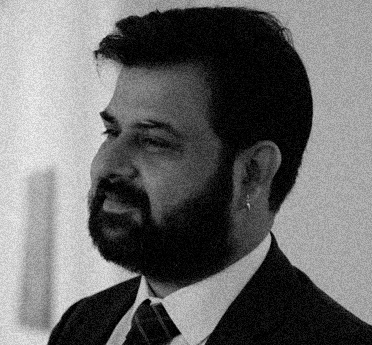
Gabàs Masip
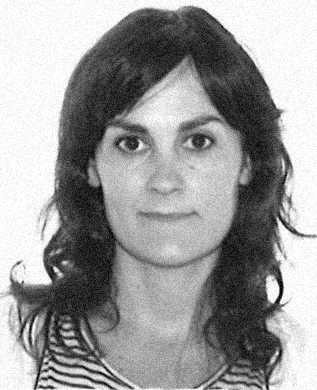
Albostan
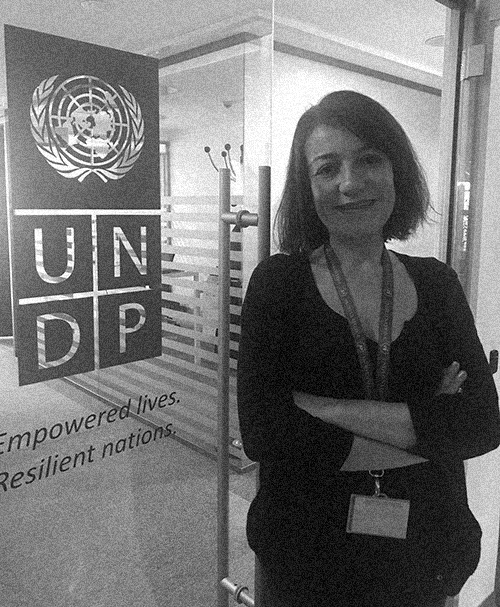
Cohen
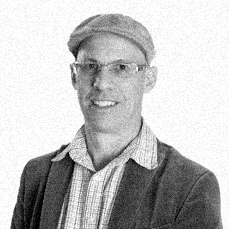
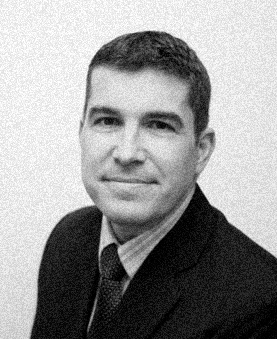
Turbedar
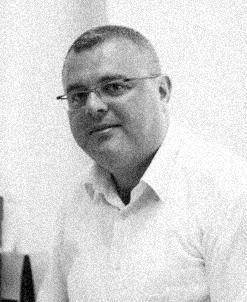
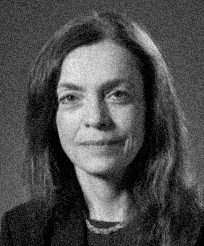
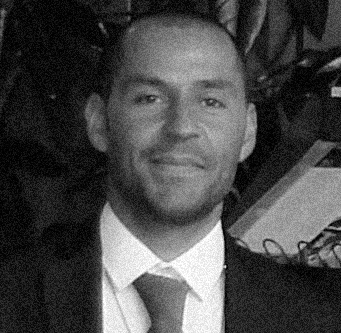
Kulaklikaya
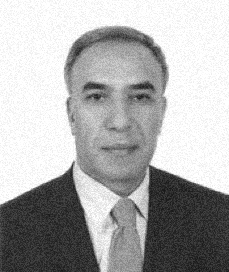
Adams
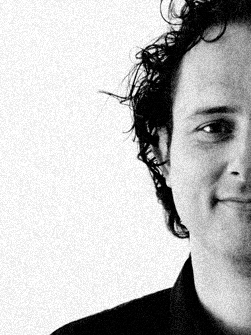
Abhilash Panda
Abhilash Panda is the Deputy Chief for UNISDR’s Regional office for Europe and Central Asia. Prior to this he was the led UNISDR’s global programmes on Urban Risk Reduction and Resilience. Within which he coordinated partnerships, managing and monitoring projects, identifying areas of innovation and providing hands on support to implementing partners.
Duncan Shaw
Chairs ISO TC292 Working Group 5 on Community Resilience, wrote ISO22319 on involving spontaneous volunteers in emergencies, and works extensively with overseas governments. Has a PhD from Strathclyde University (UK) and a DSc from Warwick University (UK).
Kathryn Oldham
Dr Kathryn Oldham Chief Resilience Officer in Greater Manchester The Chief Resilience Officer in Greater Manchester, Kathryn heads up the city region’s participation in the 100 Resilient Cities programme and United Nation’s Making Cities Resilient campaign. Coordinator of the EU-funded UScore2 peer review project, she is also responsible for a specialist unit delivering disaster risk reduction and emergency response services for Greater Manchester’s ten local authorities.
Luis Carvalho
Joined the Municipality of Amadora in April 2005 and since then leads projects related to emergency procedures/plans, awareness programs and risk assessment processes. Currently is the Local Focal Point (Amadora) and the National Advocate (Portugal) for “Making Cities Resilient Campaign” (UNISDR). Has a degree in geography and a master degree in urban planning and risks by New University of Lisbon.
Musa Kulaklikaya
Born in Konya, Turkey; Musa KULAKLIKAYA studied Business Administration at Ankara University Faculty of Political Science and obtained his Master’s degree from Karadeniz Technical University in the field of Finance. He pursues his doctoral degree at Necmettin Erbakan University in Konya, Turkey. He speaks English and Arabic as well as his mother tongue, Turkish.
He started his professional career as an expert at the Turkish State Railways (TCDD). Following this, he started to work as candidate district governor at the Ministry of Interior. After completion of the training period, he served as district governor and deputy governor in different provinces and cities of Turkey.
In 2004, he took office as the Vice President of Turkish Cooperation and Coordination Agency (TIKA). After holding this post for 3.5 years, Mr. KULAKLIKAYA was appointed as the President of TIKA where he undertook significant international development projects. He focused on regional development projects mainly on infrastructure development, sustainable agricultural production, irrigation systems, health, vocational education training, capacity building programmes in public sector and humanitarian aid. Majority of TIKA-funded projects were implemented in cooperation with local authorities and NGOs both in Turkey and in the beneficiary countries. Moreover, he enhanced collaboration with international partners including Islamic Development Bank (IDB), World Bank, United Nations Development Programme (UNDP), Food and Agriculture Organization of the United Nations (FAO), Economic Cooperation Organization (ECO) and Statistical, Economic and Social Research and Training Centre for Islamic Countries (SESRIC).
He was awarded the “ECO Prize” and FAO’s “World Food Day Award” in 2010. In 2011, he was assigned as the Ambassador of Republic of Turkey to Islamic Republic of Mauritania where he coordinated food security, drinking water and health projects in cooperation with Turkish NGOs and TIKA.
Mr. KULAKLIKAYA has authored “Turkey as a New Player in Development Cooperation” (Insight Turkey, 2010- with Dr. Rahman Nurdun) and “Latest Global Trends in Development Aid and TIKA” (Kalkınma Yardımında Dünyadaki Son Trendler ve TİKA) (Uluslararası Sorunlar Dergisi, 2011).After having been designated as Director General of SESRIC, H.E. Amb. KULAKLIKAYA took office as of 27 March 2015.
Ares Gabàs Masip
Head of the Resilience Department under the Infrastructure and Urban Coordination Management of Barcelona City Council since November 2013. Responsible for the development of the resilience strategy and project implementation carried out through of the Resilience Boards (TISU). With a background in architecture and public space design, has been working for the municipality of Barcelona since 2006.
Before joining the Resilience Program in September 2012 was previously engaged to the 22@ District transformation project, an integrative urban renewal process of the former industrial area of Barcelona.Architect from the Architecture School of Barcelona (2005), UPC (Polytechnic University of Catalunya).
Previous working experience include working for several architecture and landscape architecture studios mostly focused on the development of urban transformation and public space projects.
Aslihan Albostan
Presentation: The Role of Private Sector for Building Urban Resilience Through Municipal Owned Enterprises: Cases From Istanbul Metropolitan Municipality
Session: Social
Aslihan Albostan was born in 1982 in Ankara, Turkey. She recieved her BSc degree in Civil and Environmental Engineering from Istanbul Technical University. She had her master and Phd studies in the same university on Energy Management. During her graduate studies; she worked as a Research Assistan in Energy Institute in Istanbul Technical University.
After obtaining the PhD degree, she worked for Georgia Institite of Technology as a Visiting Scholar and carried out a research on Population Models on Urban and Rural Migration. Then in 2017 She worked for Near East University in Cyprus as an Assitant Proffesor. She is currently working for UNDP Istanbul International Center for Private Sector in Development. She has several international publications.
Boyd Cohen
Boyd Cohen, Ph.D., is an urban strategist focused on the areas of urban innovation, entrepreneurship, smart cities and the Internet of Mobility.
He has published 3 books (Climate Capitalism, 2011; The Emergence of the Urban Entrepreneur, 2016; Post-capitalist Entrepreneurship, 2017). He is Dean of Research at EADA Business School and jointly appointed at UVic.
He is also a Fellow at the Singapore University of Social Sciences in their Fintech and Blockchain group. In 2017, he co-founded iomob, a blockchain startup seeking to decentralize the mobility sector by providing an open protocol for the Internet of Mobility (IoM). He is also the current Executive Director of the Blockchain Cities Alliance.
Erhan Turbedar
Researcher: The Statistical, Economic and Social Research and Training Centre for Islamic Countries - SESRIC Presentation: Urbanization in OIC Countries Session: Informality
Erhan Turbedar was born in the Kosovo in 1975. Turbedar received his Bachelor’s degree in economics from the Gazi University in Ankara. He wrote his master’s thesis at the same university on the economic transformation process in Southeast Europe and he got Doctor’s degree with the thesis on the transportation policies in the Balkan countries.
From 1999 to 2013, Turbedar was engaged in different think tanks in Turkey, focusing his interest on the Southeast European countries. Turbedar served as the Senior Political Advisor at the Regional Cooperation Council - intergovernmental organization based in Sarajevo, and currently he works at the Statistical, Economic and Social Research and Training Centre for Islamic Countries (SESRIC) - a subsidiary organ of the Organisation of Islamic Cooperation (OIC).
Turbedar is author of around 50 academic articles and two edited books.
Rob Adams
Rob Adams is interested in the how and where of innovation. He is a writer, speaker, founder of Six Fingers and teacher at EADA Business School in Barcelona. He is always looking for new theories and ideas that arise in the world and contribute to change in our society, our lives and our ways of working. He lives in the Netherlands.
Rob's keynotes offer the insights and tools to accomplish renewal. To prevent a clash between an improve and renewal mindset, and making sure these work together towards a sustainable future. Everything Rob does has to do with his strong belief in the idea that somebody, somewhere solved your problem for different reasons in different circumstances. He re-uses existing solutions instead of re-inventing the wheel over and over.
He is well known for his ideas around transferring innovations from one sector to another. By implementing existing knowledge systematically from other branches, he helps multinationals to realise corporate startups.
Realising corporate startups by applying design thinking is the basis of his fourth book: Versus. Versus is based on the many discussions Adams has had in recent years with both start-ups and multinationals.
He had conversations all over the world, from the Netherlands to Silicon Valley, to discuss the pitfalls organisations encounter and the roads that lead from innovation to success.
Years of research into global innovations and his work with clients have given him in-depth knowledge of how innovation is born and how it can be successfully structured. His former books ‘Branchmarking’ and ‘Cheat’ are about transsectoral innovation. ‘No Ego’ is about unknown people who changed the world.
INFORMATION
The airport is located 16 kilometres south of the city and is also known as El Prat, the town where it is located.
Terminals T1 and T2 (A, B and C): The terminals at Barcelona Airport are organised in terms of carriers and not according to the destination or place of origin.
Connections between the Airport and Barcelona
TrainDaily connection with Barcelona Sants Railway Station which is locates in the city center. The airport station is situated opposite terminal T2, connected via an air bridge. Frecuency: every 30 minutes. Approximate journey time: 20 minutes.
MetroTrains depart the airport every 7 minutes during peak times, and the journey to the city takes less than 35 minutes from the airport. There are Metro stations at both terminals: - T1 Terminal: From Baggage Claim, take the free bus shuttle service to T2, follow the signs to RENFE station and board the Metro. There you’ll find the Metro station adjacent to the RENFE station (L9). - T2 Terminal: From Baggage Claim, follow the signs to the RENFE station across the street (via an air bridge) and board the Metro. There you’ll find the Metro station adjacent to the RENFE station (L9).
Aerobús (T1 and T2)Daily services between Barcelona Airports and Plaça Catalunya. There are two buses: A1 to go to terminal 1, and A2 to terminal 2. - Bus A1 frecuency: every 10 minutes. - Bus A2 frecuency: from 5am to 6:40am and from 9:50pm to 12:30am every 10 minutes, from 6:50am to 9:45pm every 5 minutes.
Approximate journey time: 35 minutes. Tickets are available from ticket machines or may be purchased from the driver.
TaxiTaxis are readily available outside both airport terminals. Taxi fee from airport to the city center is around 25 euros.
Bus (TMB)The 46 bus runs from Barcelona Airport (T1 and T2) to Pl. d’Espanya daily. Frequency: every 20 minutes.
Night Bus (NITBUS)- The N17 night bus operates from Barcelona Airport T1 to Ronda Universitat / Plaça Catalunya, stopping at Pl. d’Espanya. - The N16 night bus operates from Barcelona Airport T2 to Ronda Universitat / Plaça Catalunya, stopping at Pl. d’Espanya.
Frequency: every 20 minutes.
Below is a list of recommendation of hotels where you can host:
Near Sant Pau Art Nouveau Site
-Ayre Rosselló -Hotel Sagrada Familia
Near Fira Gran Via
-Hotel Porta Fira -Renaissance Barcelona Fira -One Living Barcelona
Near Pl España (city center and 5min to Fira de Barcelona)
-Catalonia Barcelona Plaza -Ofelias Hotel -B Hotel -Arenas View Plaza
Sant Pau Art Nouveau Site
Numerous events will take place at the Sant Pau Art Nouveau Site (Recinte Modernista de Sant Pau). The closes metro is Sant Pau Dos de Maig (line 5) or Sagrada Familia (line 2 and 5).
Address Carrer Sant Antoni Maria Claret, 167. 08025, Barcelona.
Sant Pau is the world’s largest Art Nouveau Site and one of the outstanding landmarks of Barcelona’s heritage and culture. Today the Art Nouveau Site is home to leading institutions in the fields of sustainability, health and education, and The United Nations Human Settlements Programme (UN-Habitat) has set up the international headquarters of its City Resilience Profiling Programme in the Sant Leopold Pavilion.
Fira de Barcelona
On Tuesday and Wednesday, the venue will be the Smart City Expo World Congressheld at the Fira Gran Via. You can travel there by metro (line 9) until Fira or Europa/Fira stations. Find our more about the Smart City Expo World Congress.
Address Fira Gran Via, Av. Joan Carles I, 64, 08908 L’Hospitalet de Llobregat, Barcelona.
*Sessions held in East Agora will only be accessible for Smart City Expo pass holders.
Please contact the Barcelona Resilience Week Secretariatto find out how you can access these sessions.
UCLG Headquarters
On Wednesday afternoon, the home of the World Secretariat of the United Cities and Local Governments (UCLG) will host a meeting with city representatives to exchange and learn practicies on building urban resilience.
Address Carrer Avinyó, 15. 08002, Barcelona.
Espai Endesa
This unique space is the meeting point and platform for awareness raising provided by Endesa. During its short history, the building has been used for numerous functions, including a batter holiding space and educational space.
Address Carrer dels Almogàvers, 11-17, 08018 Barcelona.
Time Zone and Country Code
Spain is GMT +1 hours. The country code is +34.
Weather
The weather in November tends to be cool. The average daytime temperatures hover around 17°C (that is about 62°F), whereas the average minimum temperatures drop down to 8°C (that is about 46°F.) Moreover, there are fair chances of rain or cloudy overcast days. It is advisable to carry a jacket and winter clothes.
Electricity
In Spain the standard voltage is 230 V. The standard frequency is 50 Hz. The power sockets that are used are of type F.
Currency Exchange
Spain’s currency is the Euro (€). Bring bill of smaller denominations as lot of places don’t accept credit card to pay below 6€. In the same way, buses don’t accept bills of 20€ or above. Spain issue local coins of 1,2,5,10,20 and 50 cents and 1€ and 2€. Exchanging money in Spain is easy and follows a similar pattern to elsewhere in southern Europe: ATMs, Banks and Bureaux de change. Also, you can find them in the airport.
Telecommunication and ICT Services
Phone and internet services are available within and outside the hotels and in areas at the venue of the meeting. In addition, you will find Barcelona WIFI spots provided by the City of Barcelona. This is a municipal free service offering free Internet connection to citizens and visitors. Participants are encouraged to come to Spain with their mobile handsets. Barcelona is effectively covered by several service providers which include Vodafone, Movistar, Orange and other services.
Safety Measures
In an emergency, call 112As in most cities with a high volume of tourists, pick-pockets operate in Barcelona. Please pay special attention to your belonging and do not leave them unattended, especially when seated in restaurants and cafés.
Medical ServicesMedical costs incurred during the stay in Barcelona shall be shouldered by the meeting participant. It is therefore recommended that participants arrange for their own health insurance or carry sufficient funds to cover any medical costs incurred.
Registration
Speakers and Moderators have to pick up their badges in Sant Pau Art Nouveau Site on Monday 12th from 8:30 - 15:00 at the Registration Desk.
Once upon arrival, participants have to pick up their badges in Sant Pau Art Nouveau Site on Monday 12th from 8:30 - 15:00 at the Registration Desk.
VISAS
In the following link is available information about the requirements to entry Spain: www.exteriores.gob.es
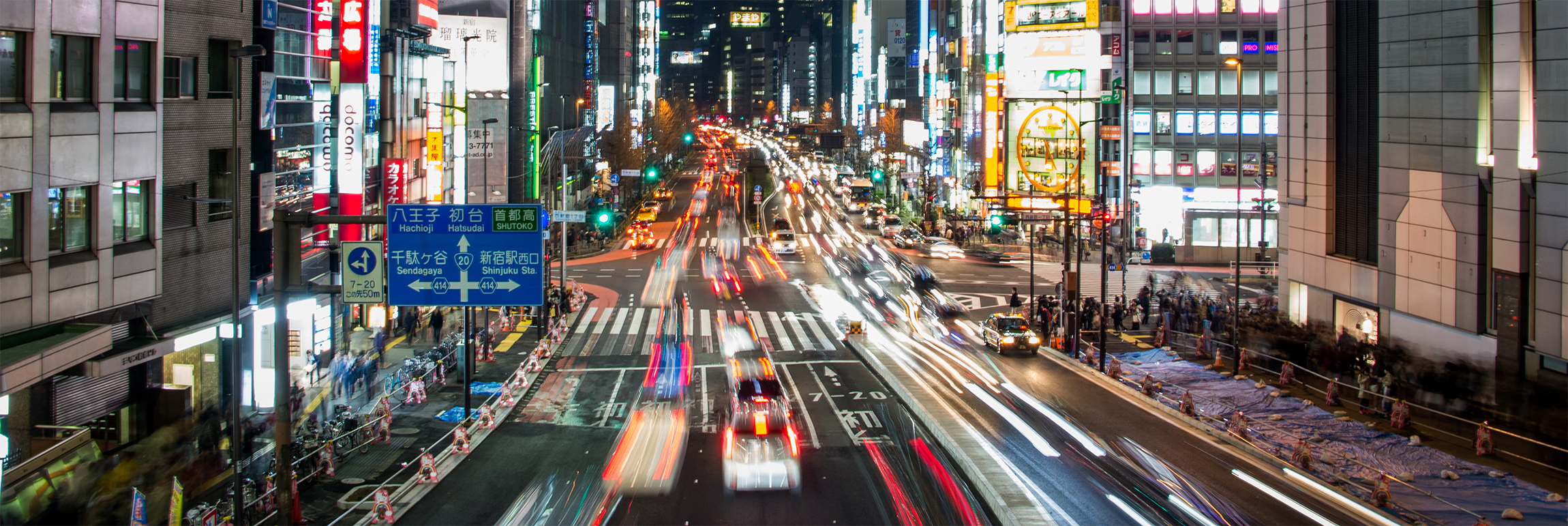

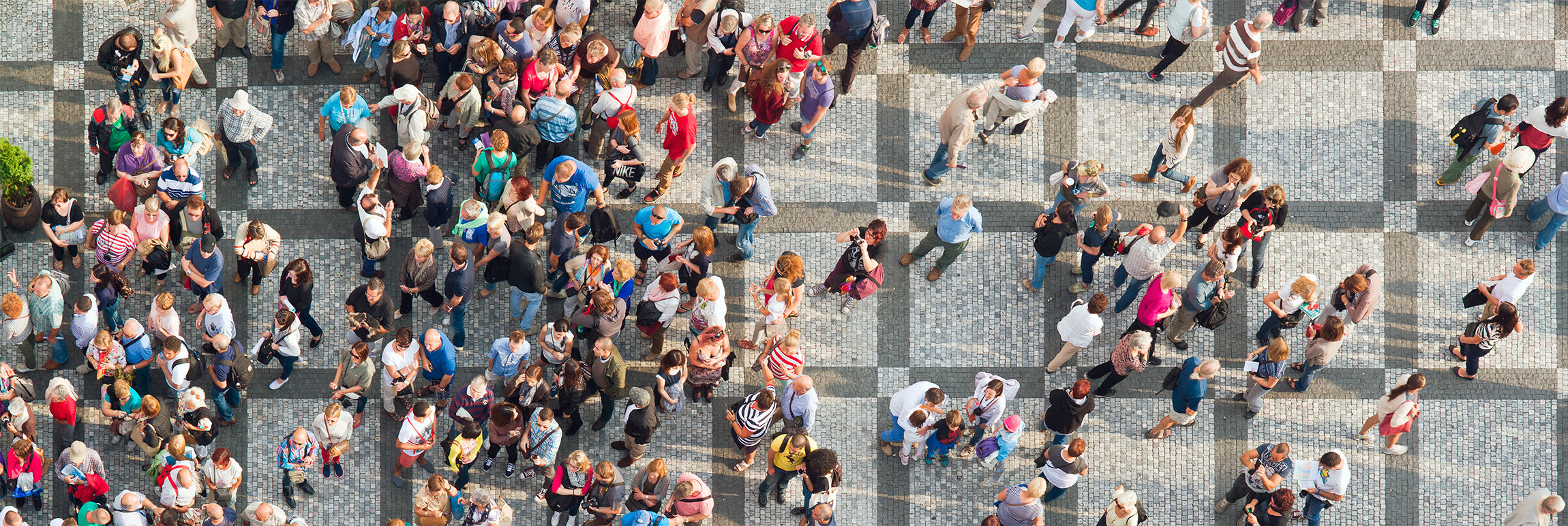
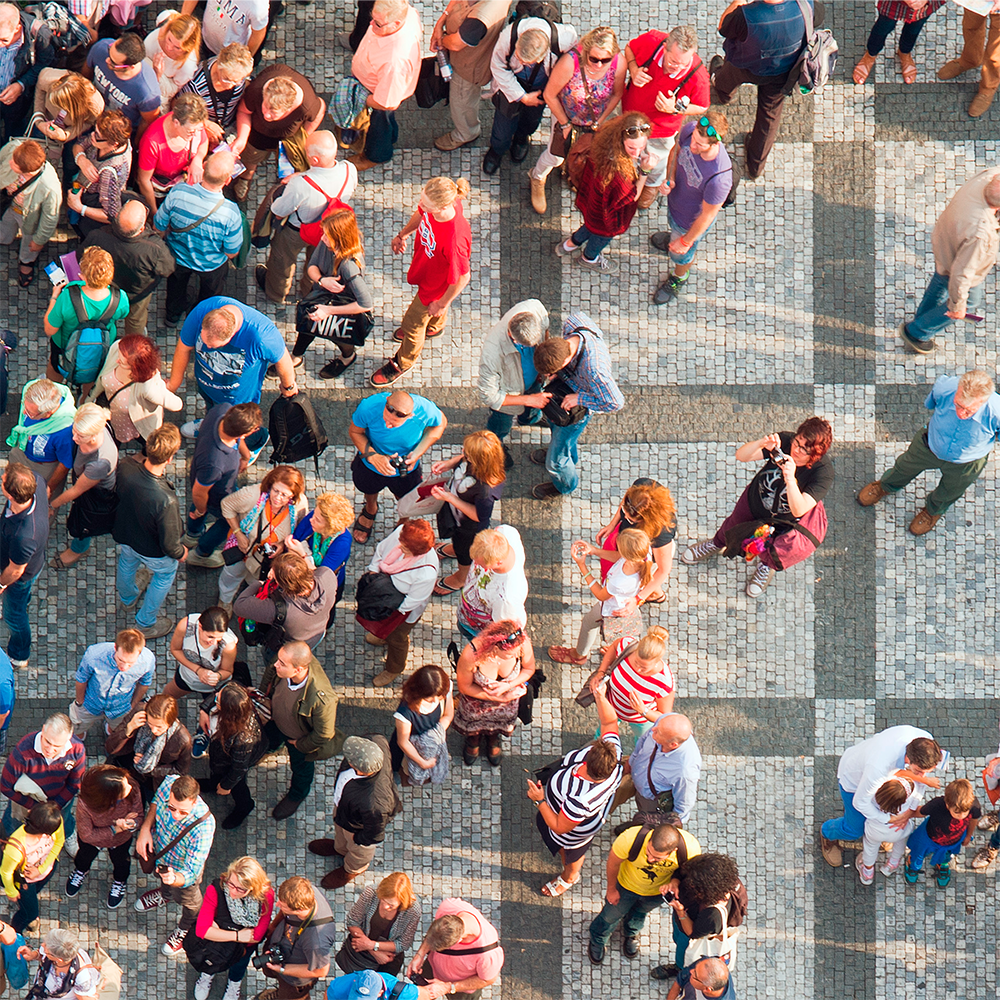
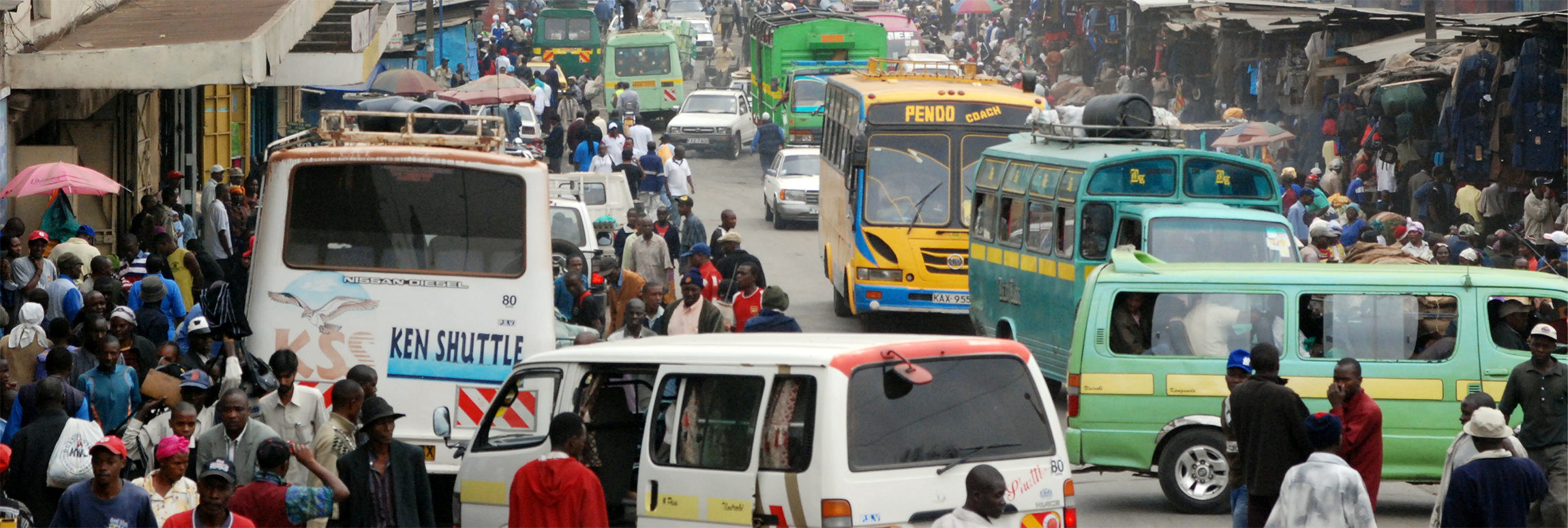
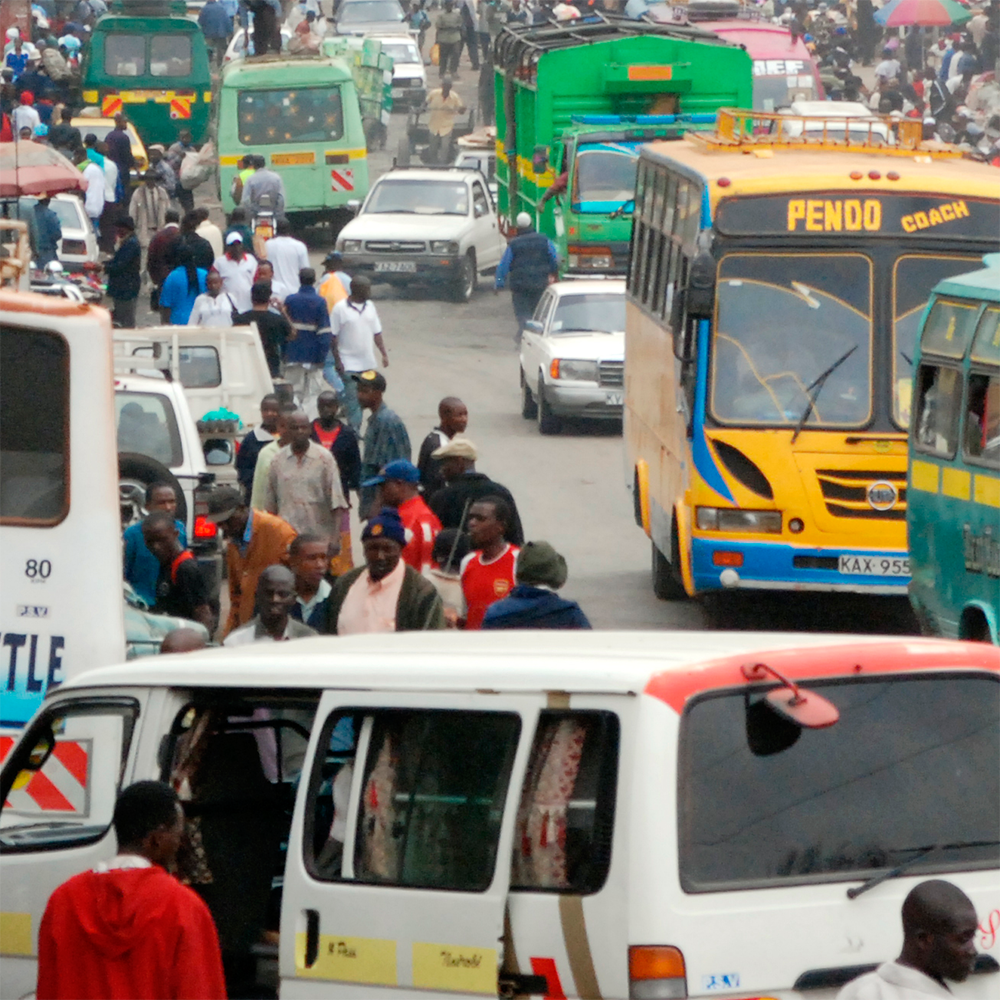


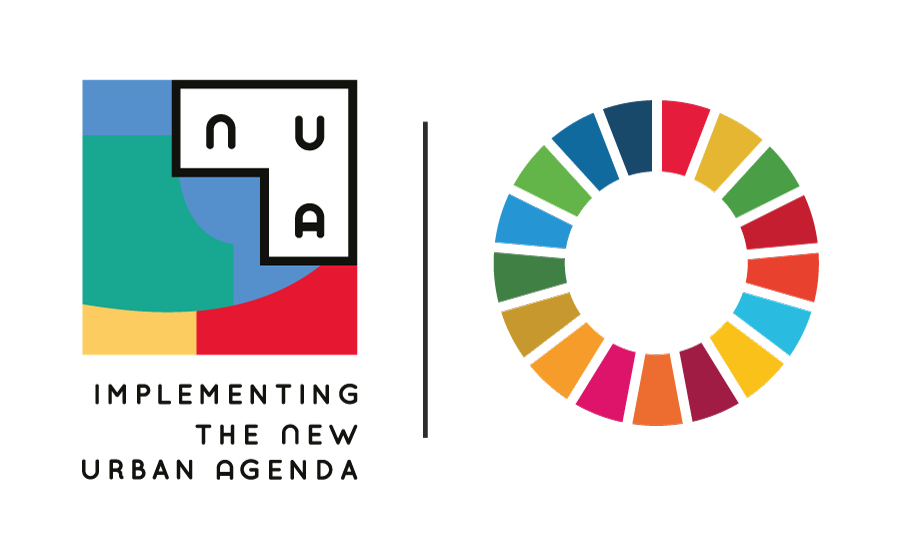





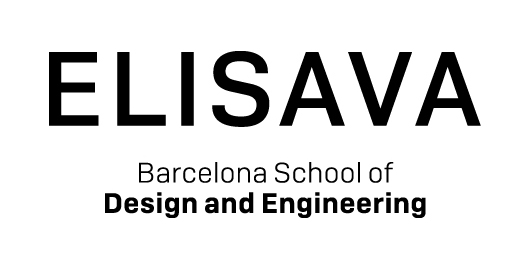
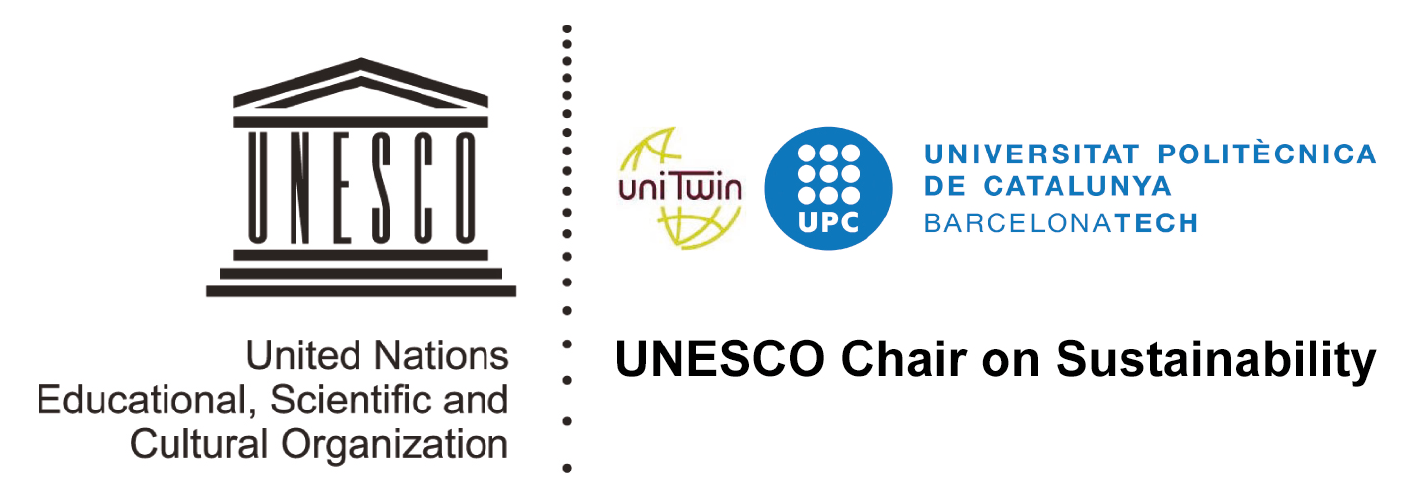
SOCIAL EVENTS
WELCOME COCKTAIL
All participants of Barcelona Resilience Week are invited to the welcome cocktail on Sunday 11th November at the Sant Pau Art Nouveau Site, home of UN-Habitat’s office in Barcelona. Prior confirmation is mandatory, please contact info@cityresilience.org to confirm your attendance.
GUIDED VISIT OF SANT PAU
The former hospital of Sant Pau is the biggest modernist site in the world and an architectural gem. Participants will be treated to a guided visit to discover some of the unique features hidden within the site. Prior confirmation is mandatory, please contact info@cityresilience.org to confirm your attendance.